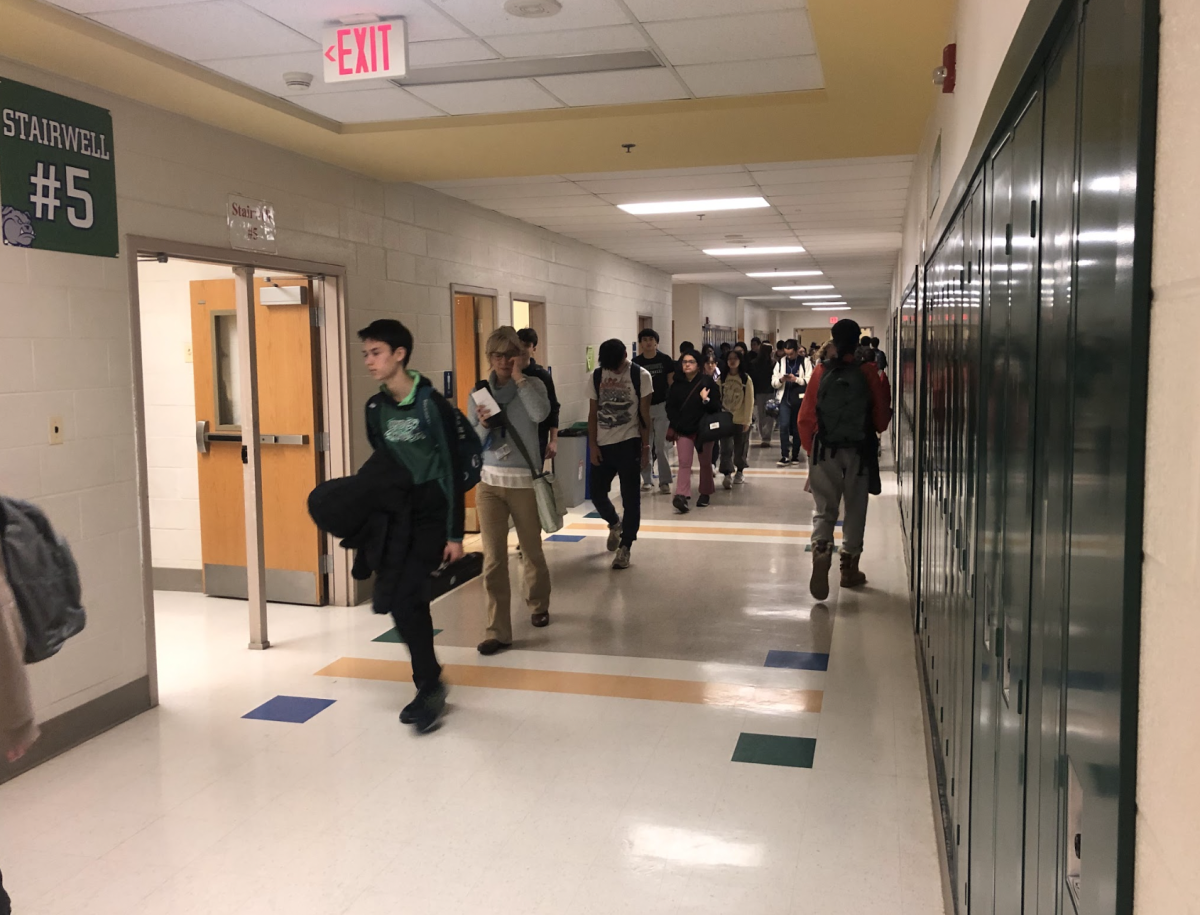President Obama again made his plans known to overhaul President Bush’s signature education law, No Child Left Behind, in his Jan. 25 State of the Union address, but the outcome is still in doubt—for Congress and students.
If the president’s proposals make it through Congress, high school students would likely face less frequent standardized testing in more subjects. Local school districts will also have increased flexibility in determining how to use these test scores.
“Parents, teachers and lawmakers want a system that measures not just an arbitrary level of proficiency, but student growth and school progress in ways that better reflect the impact of a school and its teachers on student learning,” Obama said in his address.
In his overhaul plan released last March, Obama proposed to change the old law in ways that place more importance on evaluating teachers and schools instead of focusing on standardized testing. He also wants to increase the amount of federal funding for education and is receiving support from Republicans and Democrats alike who agree changes need to be made.
“These new revisions are trying to make it similar to Race to the Top,” freshman administrator John Taylor said.
Race to the Top is a $4 billion United States Department of Education program that awards grants to schools that perform well. During Bush’s administration, grants were rewarded to schools with standardized test scores that met the expectations established in the No Child Left Behind Act.
“There are many situations that affect the scores of the students outside of a school’s control,” social studies teacher Arthur Bescher said. “For teachers to be punished just because some students are having difficulty with things unrelated to school is not right.”
According to Obama’s blueprint, with the new revisions, low-performing teachers could be fired or paid less money. While this may be bad news for teachers, many students agree that this measure would be beneficial.
“There’s no reason we should allow people to be taught by sub-par teachers,” junior David Stark said. “If it causes competition between teachers, that’s a good thing. We’ll be left with the best.”
According to a Feb 6 Los Angeles Times article, if these revisions are brought into law, the frequency of standardized testing will decrease but the variety of subject tests will increase.
“The tests will be able to—if it works —provide a more well-rounded education,” social studies teacher Matthew Schilling said.
However, some people are speculating if the increased variation in testing will help or hurt the educational process.
“As a math teacher, I feel the pressure of teaching to the test,” staff development teacher Ilyssa Weiss said. “If everything has a standardized test at the end—not just math and reading—that takes away from learning for enjoyment and because it’s interesting. With the new testing requirements every subject would be taught ‘to the test.’”
Whether these new revisions will help or hurt the educational system is unclear. Teachers, students and administrators alike have conflicting opinions. The only thing that is clear is Obama’s determination to pass the revised law.
“Race to the Top,” Obama said in his State of the Union Address, “is the most meaningful reform of our public schools in a generation.”
Categories:
Obama’s education plans calls for sweeping reform
March 1, 2011
Story continues below advertisement
0
More to Discover







